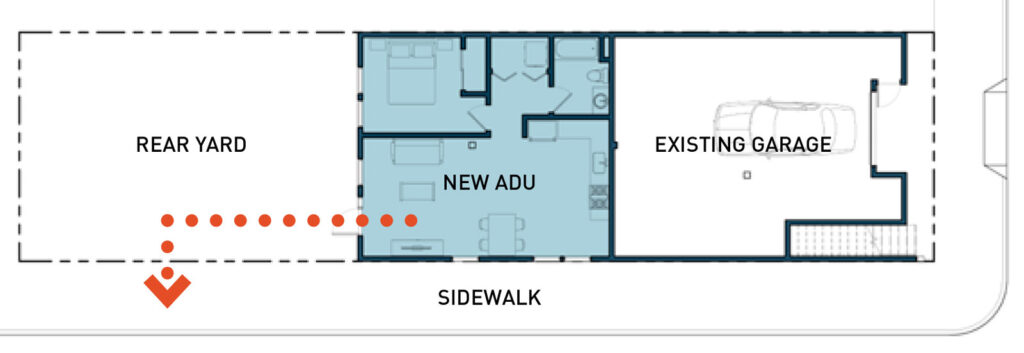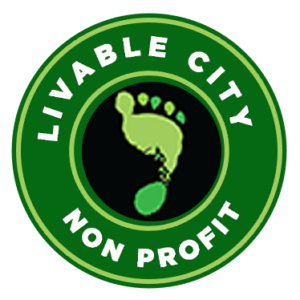The Board of Supervisors advances several important pro-housing measures in the first few months of 2016. The Board approved two ordinances that will protect tens of thousands of units of housing built without permits. They also approved a measure to streamline affordable projects, and placed a measure on the June ballot to increase the number of affordable units in new developments. Supervisor Peskin introduced a measure to permit new accessory units in existing buildings citywide.
Protecting Unauthorized Units
San Francisco has tens of thousands of unauthorized units. Unauthorized units were built in existing buildings without over the past 55 years without planning permission. Estimates of the number of units are vague, but the Planning Code suggests 20-30,000 such units may exist. Most of these units are rent-controlled, but residents of these units lack housing security, since they can be removed at any time. Residents often don’t know their units are unauthorized, but unlike other tenants, they have no recourse against displacement.
In February the Board of Supervisors advanced two ordinances that would require Planning Commission approval before unauthorized units can be demolished, merged into another unit, or converted to another use. The Board of Supervisors agreed to explore financial assistance to bring such units up to current building codes in instances where tenants and landlords are of limited income. Livable City has long advocated for preserving unauthorized units, and supported the Supervisors’s action preserve affordable rental housing in San Francisco. We also recommended that the City make it easier to legalize such units by permitting legalization of more than one unit per lot.
Streamlining Affordable Housing Projects
The board approved an ordinance, authored by Supervisor Scott Wiener, that waived conditional use requirements for 100% affordable projects. Conditonal Use authorization can add several months, and many thousands of dollars, to project approval. The exception does not apply to excess parking or to non-residential uses or features that require Conditional Use approval. This measure should increase the speed at which affordable projects can be approved and built, and reduce risk and cost.
Increasing Inclusionary Housing
The Board of Supervisors voted unanimously to place Proposition C on the June 2016 ballot. Proposition C increases the required percentage of affordable units from 12% to 25% for projects of 25 units or more. The measure also permits the Board of Supervisors to adjust inclusionary requirements legislatively, undoing a 2013 measure which locked inclusionary requirements into the city Charter. The City Economist’s analysis of the economic impact of the measure found that:
Raising the cost of development would normally result in the market producing less housing, as marginal projects become financially infeasible. However, this analysis suggests this is unlikely to happen in San Francisco to a great degree as a result of the proposed increase, and the reasons why are worth exploring.
A main reason is that, as a result of the city’s zoning policies, there are relatively few marginally-feasible housing projects to begin with. Housing prices are less important than land use controls in explaining whether a parcel will develop new housing over the next twenty years.
As a consequence, this analysis suggests that the City may well be able to expand its affordable housing resources in ways that improve housing affordability for low- and middle-income households, despite some loss of market-rate housing construction.
The Board of Supervisors have introduced companion legislation to update the feasibility study, and create a technical advisory committee on affordable housing finance.
Livable City supports Proposition C. Complex questions like affordability requirements are best settled by legislative action, rather than fixed at the ballot box, and Prop C will restore the City’s ability to legislate necessary changes . We will continue our work to eliminate unnecessary barriers to housing, including those in our Action Plan for Housing. to achieve a better balance between affordability, financial feasibility, and character, quality, and livability.
New Dwelling Units in Existing Buildings

On March 15, Supervisor Aaron Peskin introduced an ordiance to permit accessory dwelling units (ADUs) in buildings citywide. Qualifying units are exempt from zoning density limits, minimum parking requirements, and other requirements that can make it difficult or impossible to add housing within existing buildings. The measure expands on ordinances approved last year which permit accessory units in Supervisorial Districts 3 (Chinatown, North Beach, Telegraph Hill, and Russian Hill) and 8 (Duboce Triangle, Castro, Mission Dolores, Noe Valley, and Glen Park), and in buildings undergoing earthquake-safety retrofits.
We have long advocated the benefits of accessory units – adding rent-controlled housing in existing buildings expands and diversifies neighborhood housing options, while conserving existing buildings. We’re keen to see this ordinance, which Supervisor Peskin estimates could create 33,000 new rent-controlled homes, move forward. It moves next to the Planning Commission for review and approval, and we’ll keep you posted on its progress.




